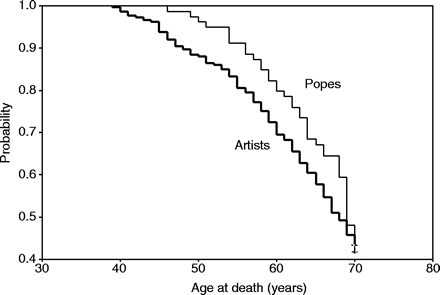There is a tendency to primitivize the past and think they were all stupid and dirty and gross people, the myths of medieval life help support that. I like when people call them out.
We are not so far away from that life as we would like to think. This bullshit about "religion is pointless", get over it, people spend their time and money on fantastical stuff, even today, in our current "lower than ever" religious state. How many billions or trillions do superhero movies make (and cost?)? How many millions of people pilgrimmage to fan conventions? How many hundreds of millions follow the mythical chronicales of supernaturally powered people? How many hours a day are spent discussing canon, debating true interpretations of fictional characters?
We are not over religion, it is merely that people have adopted a consumer religion. In the middle ages there was no mass culture, there was no pop culture, everything was folk. The only thing around with that kind of wealth and reach was the Catholic Church, since Medieval Europe was largely the aftermath of the Holy Roman Empire, the Church funding schools, hospitals, and public infrastructure in an era when there was really was none. What do you think the police were like back then? If you were a Lord or a King, you employed a variety of people, including armed guards, to patrol your lands. The rest of us were fucked. The only thing you would see throughout was that Churches all had the images of Jesus and Mary and you etc. etc. know the rest. Like any pop characters, they belonged to a shared universe, with canonical tales, which were told by many different people. You had Robin Hood and King Arthur and stuff, but that was more folkloric open source storytelling.
So the church served a much different function back then as compared to now, or how people even imagine it did. Yes they were involved with wars and torture and all kind of abuses that every other realm of society was involved in. That is because the Church is a human construct, all human systems have these issues. Witch burning was indeed pursued by the Church but it was also a widespread practice long before the Inquisition. In Roman days someone accused of being a sorcerer was likely to be thrown to the dogs, eaten by wild animals, or drawn and quartered, their body publicly displayed as a warning. When the Church came along to codify witch hunting procedures, burning them at the stake was adopted en mass due to it being a "more humane" method of executing women, who were the majority of the condemned. However the abuse of witch trials has equal share of the blame with regional secular laws, and witches were often prosecuted by two different courts, secular and religious. The Salem Witch Trials in America was a largely secular affair, involving a lot of inter-family fueds and power-grabbing behind the scenes of the fantastic spiritual stuff.
That's the thing, you can't get hung up on "Is it scientifically real or not?" because these things exist, they impact life, they made a mark on history. You can choose to remain ignorant of that if you want, but don't expect other people to, just because you don't believe in the Man In the Clouds.




